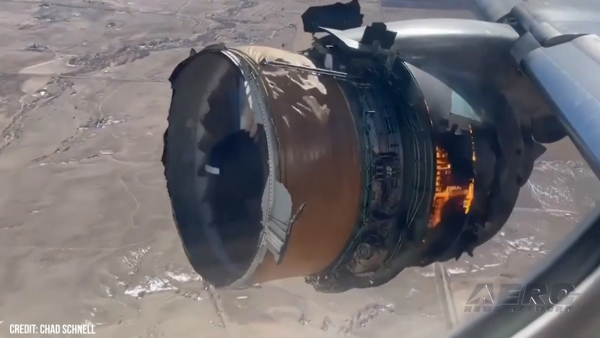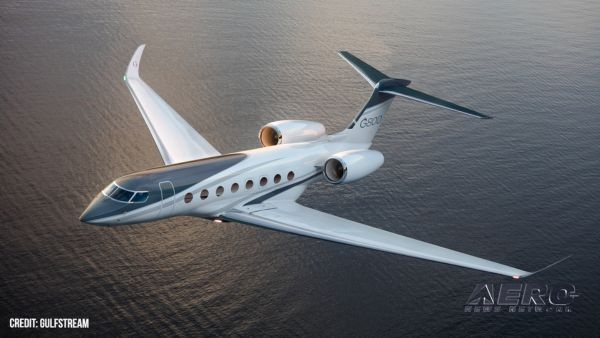Tue, Dec 07, 2004
Is This The End Of The Centennial Challenge?
If NASA leaders have
their way, the Centennial Challenge Award will be used to spur
space travel by rewarding companies for their achievements, not
their promises. That way, the space agency expects it will actually
get a return on its investment, rather than risking taxpayer
dollars on untested technology.
Sounds good? Not to Congress. It seems NASA doesn't have the
legal authority to award such prizes. Lawmakers on Capitol Hill
have indeed authorized $12 million for the CCA program. They've
even told NASA to get on the ball and hurry the competitions into
existence. But Congress so far has failed to provide the legal
mechanism by which NASA can do all that. Without special
authorization, the biggest money NASA can award without special
permission is $250,000.
There are bills pending, of course, but they wouldn't authorize
anything more than $1 million. NASA's vision of the CCA includes
three tiers of awards:
- Flagship Awards would offer between $10 and $50 million for
inventions like a robotic vehicle that can make soft landings on
the moon, a viable solar sail and small unmanned vessels that can
pick up small payloads from the International Space Station and
bring them back to Earth. NASA would hand out one or two of these
each year.
- Keystone Awards would
be meted out to those companies that handle less ambitious
challenges like developing better spacesuit components or better
radiation shields or a more efficient rover vehicle. The Keystone
Awards would be given in the amount of between $250,000 and $5
million. NASA would make as many as five Keystones available each
year.
- Quest Challenges would be the smallest awards handed out by the
space agency. Recipients would likely be students who could make up
to $1 million by coming up with better model rockets or even good
science fiction.
"The hope is that when the 109th Congress comes into session
next year we'll see progress on this front," said NASA award
program manager Brant Sponberg in an interview with United Press
International. But that hope may be dashed by some Congressmen who
won't let NASA pay for demonstrable innovation.
More News
Also: New SAF, Korean Air Buys 103 Boeings, Maryland SP Helo Rescue, OK AWOS Update Gulfstream Aerospace Corporation announced its first customer delivery of the all-new Gulfstream>[...]
"This is just an absolute win win win. If there is a rejected takeoff we now have the confidence that the arrestor system will ensure passenger and crew safety." Source: FAA Admini>[...]
Low Approach An approach over an airport or runway following an instrument approach or a VFR approach including the go-around maneuver where the pilot intentionally does not make c>[...]
Aero Linx: Historic Aircraft Association (HAA) The Historic Aircraft Association (HAA) was founded in 1979 with the aim of furthering the safe flying of historic aircraft in the UK>[...]
While Flying About 1,500 Ft Above Ground Level, A Large Bird Struck The Right Side Of The Airplane Analysis: The pilot reported that while flying about 1,500 ft above ground level,>[...]
 Airborne 08.29.25: G800 Delivery, Alaska F-35 Crash, USCG-RCAF Medevac
Airborne 08.29.25: G800 Delivery, Alaska F-35 Crash, USCG-RCAF Medevac Aero-News: Quote of the Day (08.30.25)
Aero-News: Quote of the Day (08.30.25) ANN's Daily Aero-Term (08.30.25): Low Approach
ANN's Daily Aero-Term (08.30.25): Low Approach ANN's Daily Aero-Linx (08.30.25)
ANN's Daily Aero-Linx (08.30.25) NTSB Final Report: Excalibur Excalibur
NTSB Final Report: Excalibur Excalibur


